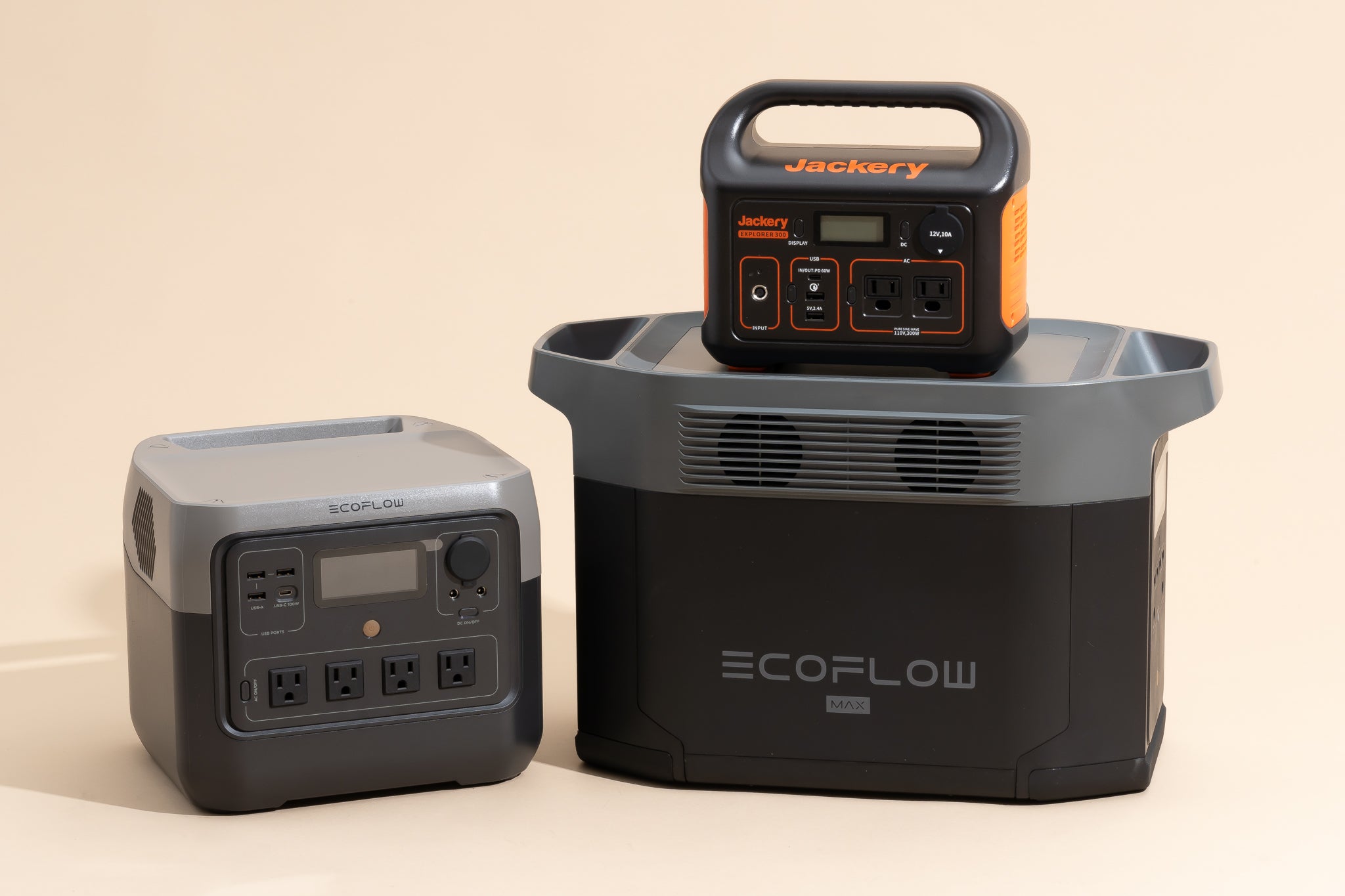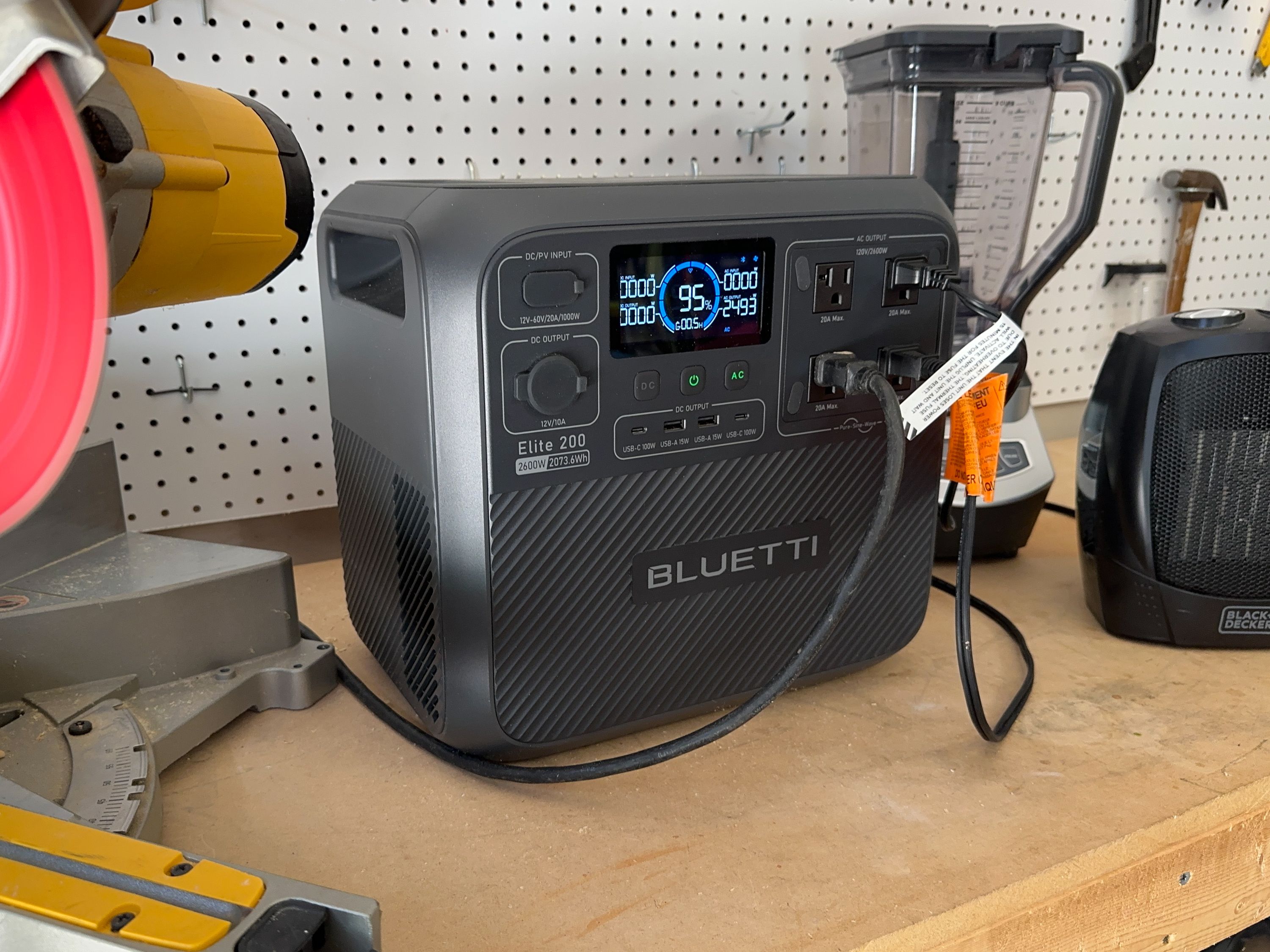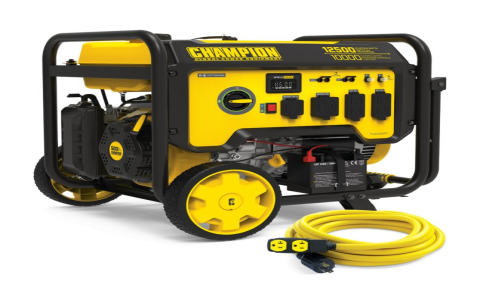Understanding the Real Problem: Why Home Backup Matters
Power outages don’t wait for a convenient moment. For many households, a sudden blackout means spoiled food, lost work, and unsafe conditions. In recent years, extreme weather and grid instability have made reliable backup power more essential than ever. According to the U.S. Energy Information Administration, the average American home experienced over eight hours of power interruptions in 2023—a 30% increase from five years prior.
So, what’s the best way to keep your lights on and your fridge running? That’s where generators reviews come in, helping you choose the right solution for your needs. But with so many options—portable power stations, inverter generators, solar-powered units—how do you avoid making a costly mistake? Let’s break down the core issues and explore real-world solutions.
Types of Generators: Portable, Inverter, and Solar
When browsing generators reviews, you’ll quickly notice three main categories: traditional portable generators, inverter models, and solar generators. Each has its own strengths and quirks, and understanding these differences is crucial for making an informed choice.

Portable Generators
Portable generators are the classic workhorses. They’re fueled by gasoline or propane and can power everything from your fridge to your sump pump. For example, the Harbor Freight Predator boasts 9, starting watts and can run for up to 18. hours at 25% load, making it a solid choice for extended outages.
Inverter Generators
Inverter generators, like the Honda EU2200i, are known for quiet operation and fuel efficiency. They produce clean, stable power—perfect for sensitive electronics. Interestingly, many inverter models now feature Bluetooth connectivity, allowing remote monitoring and control during storms or emergencies.
Solar Generators
Solar generators, or portable power stations, have surged in popularity. They’re quiet, emission-free, and ideal for indoor use. The EcoFlow Delta Pro 3, for instance, provides up to 8, watt-hours of capacity and can keep essential appliances running for over hours. However, it is worth noting that solar units require sufficient sunlight or pre-charged batteries to deliver peak performance.
Comparison Analysis: Project A vs Project B
| Feature | Project A: Inverter Generator (Honda EU2200i) | Project B: Solar Power Station (EcoFlow Delta Pro 3) |
|---|---|---|
| Power Output | 2, watts running / 2, watts peak | 4, watts running / 6, watts peak |
| Noise Level | 48- dB (very quiet) | Virtually silent |
| Fuel Type | Gasoline | Battery (rechargeable) |
| Runtime | Up to hours at 25% load | Up to hours at moderate load |
| Portability | Lightweight ( lbs) | Heavy ( lbs), but has wheels |
| Best For | Short outages, outdoor use | Whole-home backup, indoor use |
| Maintenance | Regular fuel and oil checks | Minimal (just recharge) |
Counterintuitively, while solar power stations are heavier, their silent operation and zero emissions make them ideal for indoor use and sensitive environments.
Common Problems and Smart Solutions
Problem: Noise and Fumes
Let’s face it—traditional generators can be loud and smelly. This is a big deal if you have close neighbors or need to run the unit overnight. Inverter generators and solar models solve this by operating quietly and producing little to no exhaust.
Problem: Fuel Storage and Safety
Storing gasoline or propane isn’t always practical, especially in small homes or apartments. Solar generators eliminate this concern, relying on rechargeable batteries and, optionally, solar panels. However, they do require upfront investment and careful planning for charging.
Problem: Powering Sensitive Devices
Not all generators provide clean, stable electricity. If you plan to run computers, medical devices, or smart home systems, an inverter generator or high-quality power station is essential. These units prevent surges and potential damage.
Solution: Choosing the Right Generator
So, how do you pick the right model? Start by listing your must-have appliances, estimate their combined wattage, and factor in runtime needs. For example, if you need to keep a refrigerator, a few lights, and a router running for hours, a high-capacity power station or a dual-fuel inverter generator is your best bet.
Case Study: Real-World Generator Use in 2025
In our team’s case, we found ourselves facing a three-day blackout after a major storm in the Midwest. We used both a Honda EU2200i inverter generator and an EcoFlow Delta Pro solar power station. The Honda handled outdoor tasks like running a sump pump and power tools, while the Delta Pro kept our fridge, Wi-Fi, and essential lights on inside. Actually, the ability to monitor and control the Delta Pro remotely via its app made a huge difference in managing battery life and prioritizing loads. This hybrid approach gave us peace of mind and kept life moving, even when the grid was down.
Step-by-Step Operation Guide: Setting Up Your Home Backup Generator
- Assess Your Power Needs: Make a list of essential devices and their wattage. Add up the total to determine the minimum output you need.
- Choose the Right Generator: Decide between portable, inverter, or solar based on your budget, space, and usage patterns. For home backup, consider models with at least 2, running watts.
- Prepare a Safe Location: Place gas-powered units outdoors, away from windows and doors. Solar stations can be set up indoors.
- Connect Appliances: Use heavy-duty extension cords or, for whole-home backup, install a transfer switch with professional help.
- Test Regularly: Run your generator monthly to ensure it starts easily and powers your critical devices. Recharge solar units after each use.
Therefore, regular testing and maintenance are key to reliable performance when you need it most.

Frequently Overlooked Misconceptions
Another common misconception is that solar generators are always the best eco-friendly choice. While they’re emission-free, their performance depends on battery size and sunlight availability. For long outages, a hybrid approach may be more practical.
Expert Insights: What the Data Says
Recent generators reviews highlight a shift toward inverter and solar models for home backup. For example, a Popular Mechanics survey found that 62% of new generator buyers preferred inverter or solar units for their quiet operation and clean power. However, it is worth noting that traditional gas-powered units still dominate in rural areas where higher output is needed for well pumps and HVAC systems.
Additionally, the market for portable power stations grew by 18% in 2024, driven by increased demand for flexible, indoor-safe backup solutions.
Choosing the Best Generator: Key LSI Keywords and Buying Tips
When scanning generators reviews, look for LSI keywords like inverter generator, portable power station, home backup, emergency power, and quiet operation. These terms indicate models designed for reliability, safety, and convenience.
- Inverter generator: Delivers clean, stable power for sensitive electronics.
- Portable power station: Battery-based, emission-free, and safe for indoor use.
- Home backup: Designed to keep essential circuits running during outages.
- Emergency power: Quick-start units for urgent needs.
- Quiet operation: Low noise levels for urban or nighttime use.
Specifically, matching your generator to your most critical needs—rather than trying to power everything—will save money and reduce headaches.
Final Thoughts: Making Your Choice Count
Selecting the right generator isn’t just about watts and runtime. It’s about peace of mind, comfort, and safety when the unexpected hits. By focusing on trusted generators reviews, comparing real-world data, and understanding your unique requirements, you’ll be ready for whatever comes your way.
Remember, portable power solutions have evolved dramatically. Today’s best models offer smart features, quiet operation, and flexible fuel options. Whether you choose an inverter generator, a solar power station, or a hybrid setup, the right backup system can turn a stressful outage into a manageable inconvenience.
For more detailed generators reviews and up-to-date buying guides, keep an eye on trusted sources and test your setup before an emergency strikes. After all, it’s better to be prepared than left in the dark.



